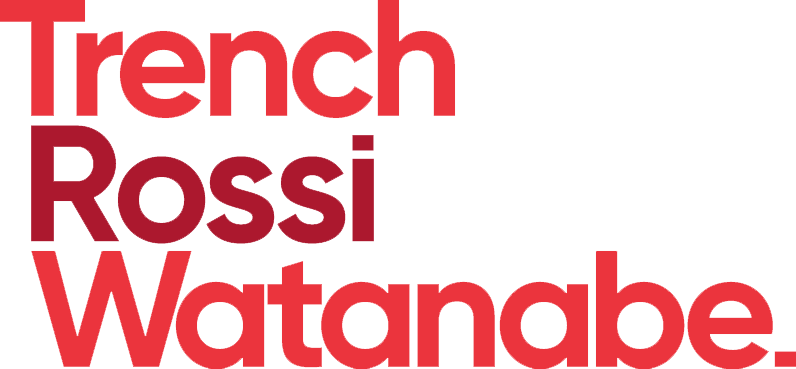Introduction of single-stage ICMS tax regime and of PIS and COFINS zero rate transactions involving fuels
In brief
On 11 March 2022, Supplementary Law #192 introduced the single-stage ICMS tax regime on transactions involving fuels.
This new law aims to reduce the final customer’s tax burden on transactions involving the following fuels: gasoline, anhydrous ethanol fuel, diesel, biodiesel, liquefied petroleum gas and natural gas.
Moreover, Supplementary Law #192 temporally reduces to zero the PIS and COFINS rates on transactions involving the above-mentioned fuels until 31 December 2022, without affecting the accrual of credits.
In depth
Article 4 of Supplementary Law #192 states that producers, their equivalent, and importers are liable for the ICMS imposed on fuels, which is levied just once, by the time the fuel leaves the taxpayer’s establishment — or in case of importation, at customs clearance — as set forth by Article 5.
As provided by Article 3, II, the ICMS must be paid to the state where the consumption occurs, as aligned with the principle of destination, already acknowledged by the Supreme Court for decades since the judgment of Extraordinary Appeal #198.088-SP on 17 May 2000.
As for non-petroleum-derived fuels, Article 3, II provides that the ICMS imposed on goods destined to ICMS taxpayers must be split between the states of origin and destination. On the other hand, if the fuel was destined to final consumers, the ICMS must be paid to the state of origin.
Under Article 3, V, the ICMS rates will be specific (ad rem), per unit of measurement (such as weight, volume or other physical units), applicable throughout the Brazilian territory. The tax rate will be determined by states through the National Council of Treasury Policy (CONFAZ) and can be adjusted in the same calendar year, observing the 90-day time lapse established by Article 150, head provision, III, ‘c’ of the Federal Constitution.
Besides the 90-day time lapse, the variation of the tax rates should respect a 12-month interval between the rate fix and its first adjustment, and six months for the following adjustments, as provided by Article 6, paragraph 4 of Supplementary Law #192.
Lastly, Article 9 of Supplementary Law #192 states that (i) the PIS and COFINS imposed on fuels under the single-phased regime will be reduced to zero until 31 December 2022, without jeopardizing the accrual of credits and (ii) the zero rate PIS/COFINS on the import of the following fuels: diesel oil and its currents, biodiesel and liquefied petroleum gas, petroleum and natural gas derivatives, and aviation kerosene.
Comments
The enactment of Supplementary Law #192, change in the ICMS framework and temporary reduction of PIS/COFINS rate on fuels took place in the context of the coronavirus pandemic and the conflict between Russia and Ukraine, which affected the price of commodities, especially fuels and other energy resources.
However, the establishment of a single-phase framework — through ICMS’ ad rem rates, based on the fuels prices’ estimates and considering the current period of high global volatility — may not bring the benefits wished for by the lawmakers, as there is no assurance that the states will, through CONFAZ, substantially reduce the ICMS rates on fuel.
In connection with this, the states hinted in the past about their intent to fix the ICMS rate on internal operations involving diesel and biodiesel at 18%, through Notice CONSEFAZ #12 addressed to the Federal Senate’s president.
It is also worth mentioning that the new single-phase framework did not include lubricants — goods that may also be subject to the regime provided for in Article 155, paragraph 2, XII, ‘h’ of the Federal Constitution.
Read the alert in Portuguese here.
* * * * *

Trench Rossi Watanabe and Baker McKenzie have executed a strategic cooperation agreement for consulting on foreign law.





